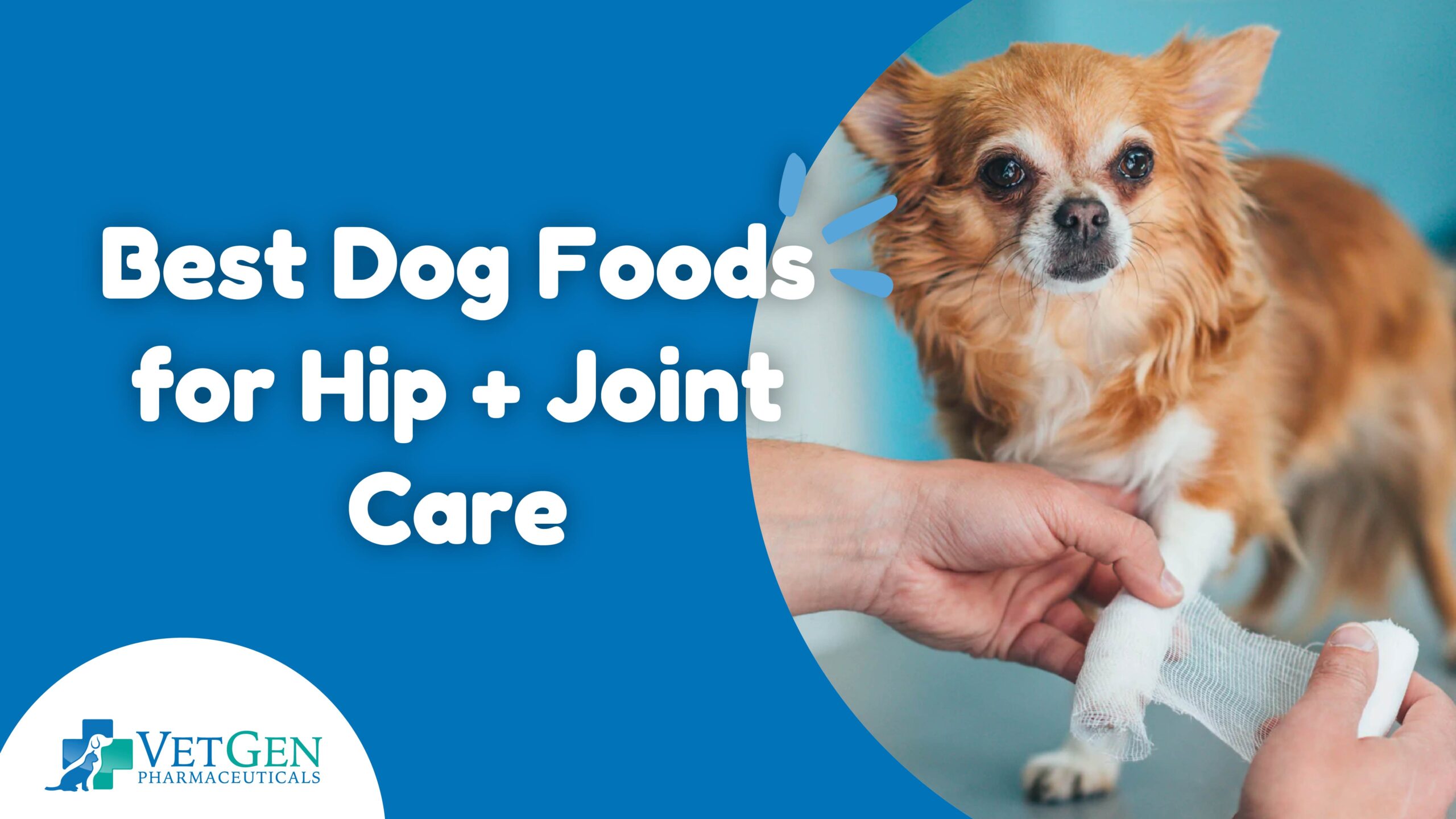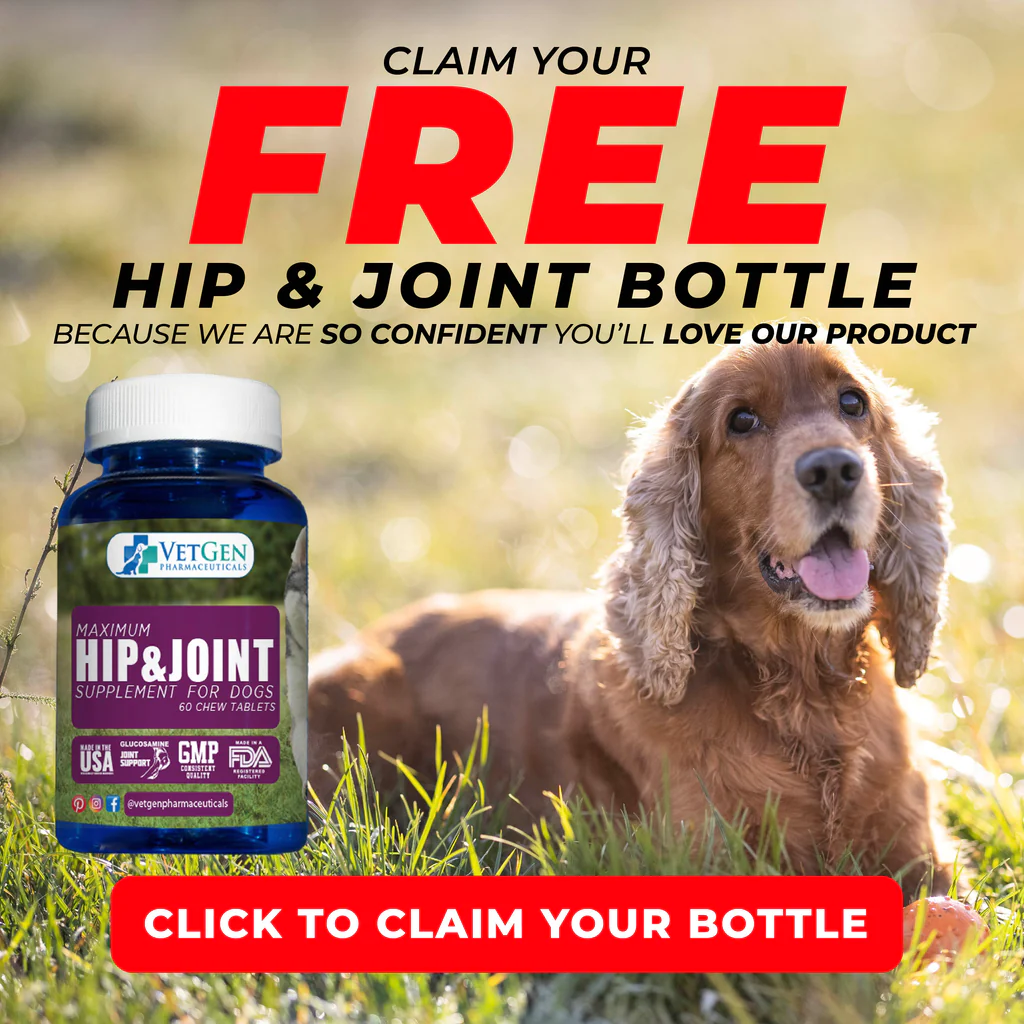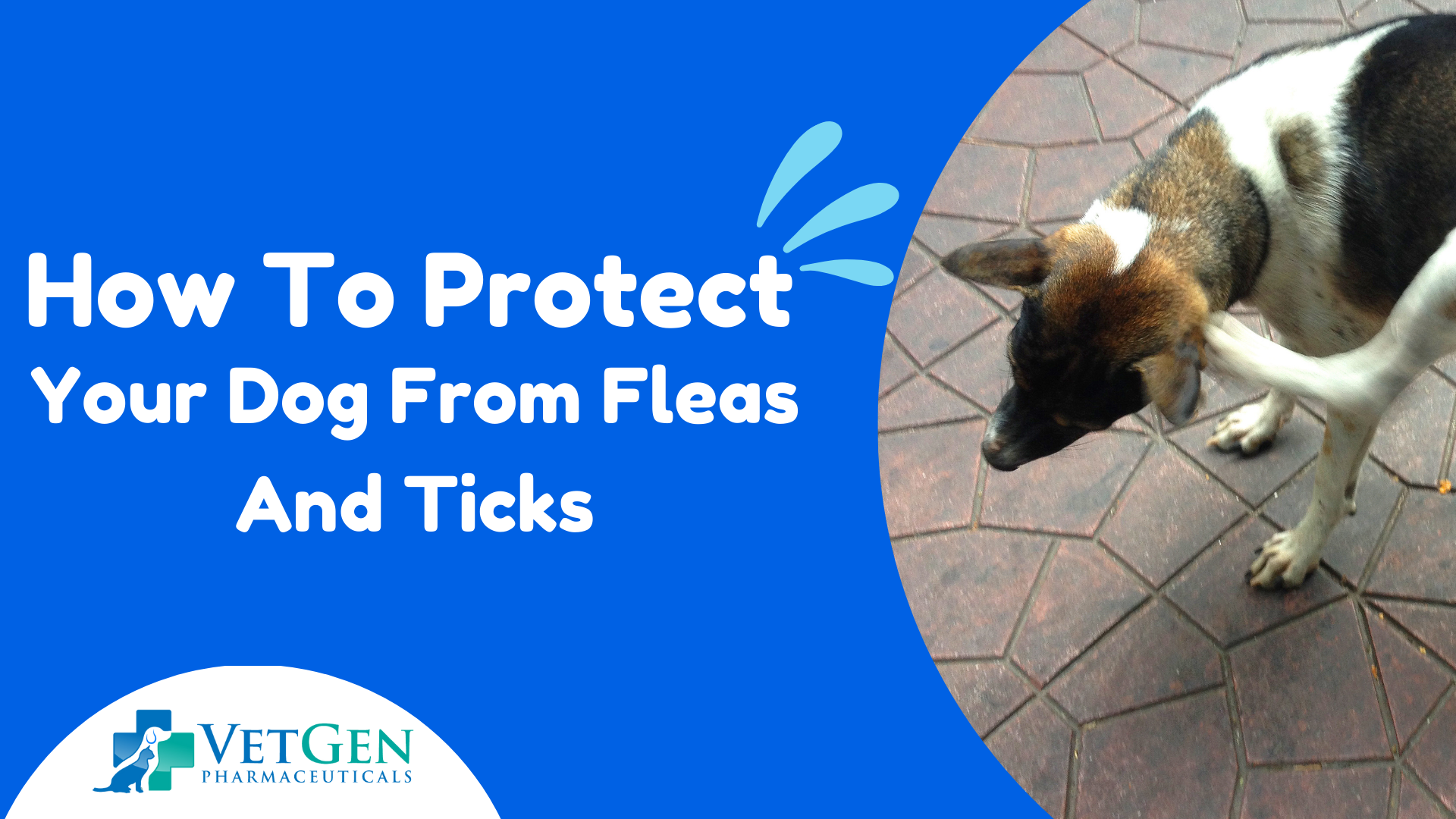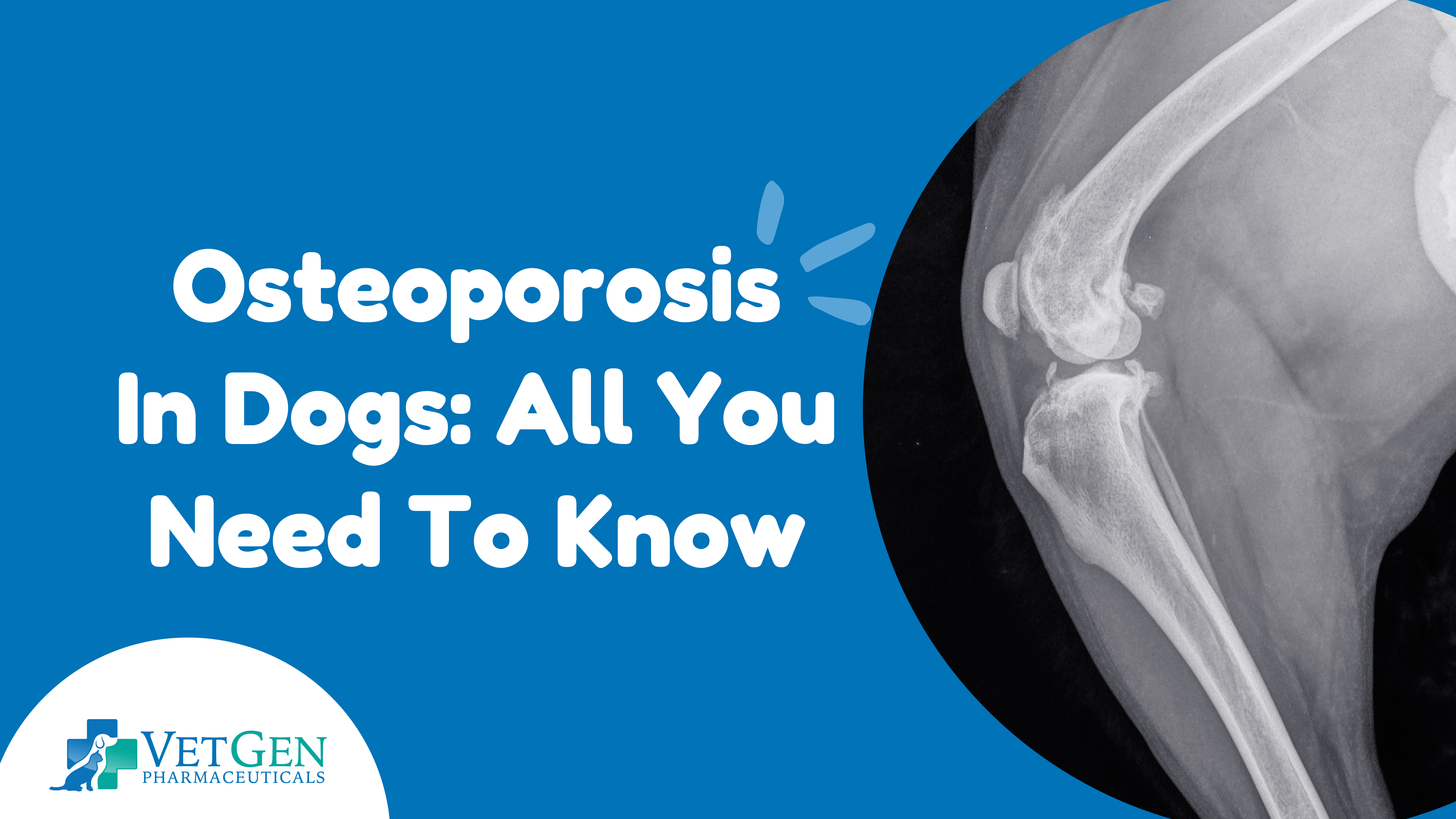Table of Contents
Let’s face it, our dogs are members of our family and it’s sad when we see that our beloved pet is struggling with hip and joint pain.
Large and small dog breeds can be prone to joint and cartilage issues such as hip dysplasia, deterioration of joints, arthritis, and more.
Even if your dog is young and not showing symptoms of such diseases yet it’s a great idea to feed them dog foods for hip and joint care as well as give them high-quality supplements.
Remember, prevention is the key to many illnesses and the same goes for dogs.
Caring for your dog’s joints early means they will be enjoying running, daily walks, and jumping in the car for new adventures for longer than if you do nothing at all.
Quality joint & hip foods should contain chondroitin, glucosamine, and MSM which are vital components for canine joint care.
Certain Breeds Are More Prone to Hip and Joint Conditions
Though such conditions can affect any dog breed at any age, there are specific breeds that are more prone to these issues in general.
Dogs from certain breeds can begin showing severe symptoms of elbow and hip dysplasia, joint inflammation, and even arthritis from a young age.
If your dog’s breed is on the list you may want to start looking for the best hip and joint supplements when the dog turns 1 year old.
While you may think this seems young, most dogs stop growing at this age and it can be highly beneficial to begin prevention at this time.
Breeds that are more prone to hip and joint conditions are
- Bloodhounds,
- Bulldogs,
- Chow Chows,
- Dachshunds,
- German Shepherds,
- Golden Retrievers,
- Great Danes,
- Labrador Retrievers,
- Malamutes,
- Mastiffs,
- Newfoundlands,
- Pugs,
- Rottweilers,
- Saint Bernards,
- Shih Tzus and more.
Signs of Hip and Joint Discomfort in Dogs
While some dogs may not show symptoms for some time, here are some things to keep an eye out for:
- Issues getting up after lying down
- Stiff or slow movement
- Swelling in the joints
- Limping
- Trouble going up and downstairs
- Excessive panting
- Favoring a certain leg
- Holding one leg off the ground frequently
Best Dog Foods for Hip and Joint Care
When it comes to the best dog foods for hip and joint care the brand doesn’t matter as much as the ingredients in the food do.
Let’s take a look at the most important ingredients:
1. Chondroitin and Glucosamine
Cartilage naturally contains chondroitin. Hence, it’s great for helping relieve pain from joint conditions and arthritis.
Glucosamine is proven to aid with the restoration and production of cartilage.
It does so by helping build proteoglycans that help to not only attract but also retain water to aid in the production of cartilage and collagen.
Chondroitin and glucosamine are best absorbed from animal products with most sourced from pigs and cattle.
When the two supplements are taken together they work as an anti-inflammatory that’s non-steroidal.
2. Grain-Free, Barley, or Rice
Soy, corn, and wheat are grown with the use of many herbicides and pesticides and are shown to increase inflammation in dogs.
Though barley and rice may not always be certified organic, they are healthier choices.
While dog foods that contain barley or rice may be more expensive, you will find that the price difference is minuscule when compared to the health problems your dog will face from other ingredients.
If you’re still not convinced any grains are good for dogs, there are plenty of high-quality grain-free dog foods on the market.
3. Amino Acids
Amino acids are found in protein and are considered a building block of life.
For this reason, it’s important to ensure your dog’s food is derived from sources of high-quality protein.
When combined with fatty acids, amino acids can strengthen bones, support healthy cartilage, and build muscle.
4. Fatty Acids
Omega-3 fatty acids are extremely effective for joint problems. In fact, this is the same for humans and dogs!
The best hip and joint supplements for dogs contain fatty acids that come from fish; especially green-lipped mussel or wild salmon.
Such supplements and dog foods are loaded with nutrients that are proven to support healthy connective tissue and cartilage which can offset the effects of hip dysplasia and arthritis in dogs.
The body does not naturally produce fatty acids, so they must be obtained through a proper diet.
Aside from the amounts contained in dog food and supplements, you can also give your dog homemade dog food that contains more seafood or fish oil supplements that come from high-quality protein sources such as green-lipped mussel, salmon, or other seafood.
Supplement Your Dog’s Food
While choosing a high-quality dog food will do wonders for your dog’s health, sometimes the food is not enough.
This is especially true if your dog is picky and you can’t find a quality kibble he will eat.
The truth is, dogs that are prone to hip or joint conditions such as cartilage loss, inflammation, or arthritis can benefit from a combination of hip and joint support food and a high-quality supplement for dogs.
Utilizing both will provide pain relief, just be sure the supplement contains both chondroitin and glucosamine.
Currently, one of the best hip and joint supplements for dogs on the market is Maximum Hip & Joint by VetGen Pharmaceuticals.
Our chewable tablet is not only a tasty treat but it also contains glucosamine, chondroitin, MSM, and manganese.
You also receive a 30-day money-back guarantee, so you can’t go wrong!
Conclusion
In the end, regardless of what dog food brand you choose just ensure it is made from high-quality ingredients and offers hip and joint support.
While your dog won’t live forever, you can at least help him to have a longer, pain-free life by feeding the right way and providing the right supplements!









